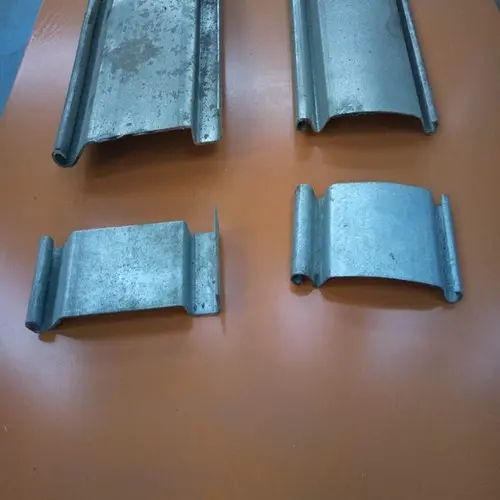
The Future of Floor Tile Making Machines
The tile industry has always been a cornerstone of construction and design, providing durable and aesthetically pleasing flooring options. As technology advances, the manufacturing process of floor tiles has evolved remarkably. The invention and development of floor tile making machines have revolutionized the industry, optimizing production and ensuring high-quality outputs. This article explores the significance, types, working mechanisms, and future prospects of floor tile making machines.
The Significance of Floor Tile Making Machines
Floor tiles are essential in both residential and commercial settings. They offer versatility in design, durability, and ease of maintenance, making them a popular choice for architects and builders. The traditional methods of tile production involved considerable manual labor and time. With the introduction of automated floor tile making machines, manufacturers can produce tiles more efficiently, ensuring consistency in quality and reducing production time. This not only meets the growing demand for tiles, especially in emerging markets but also enhances the overall profitability of tile manufacturers.
Types of Floor Tile Making Machines
There are various types of floor tile making machines, each serving different production needs
. Some of the most common machines include1. Hydraulic Press Machines These machines use hydraulic pressure to shape the raw materials into tiles. They are known for producing high-density tiles and can handle different types of materials such as ceramics, porcelain, and cement.
2. Extruders Used primarily for producing larger tiles or specialized shapes, extruders push wet clay through a die to create tiles of uniform cross-section. This method is efficient for producing bulk quantities.
3. Automatic Tile Making Machines These advanced machines integrate various production processes into one unit, including mixing, pressing, drying, and even packaging. They minimize human intervention and maximize efficiency.

4. Drying Equipment After tiles are formed, they need to be dried adequately to ensure durability. Automated drying equipment helps in maintaining optimal humidity and temperature levels, improving the quality of the final product.
Working Mechanism of Floor Tile Making Machines
The process begins with the raw materials, which typically include clay, feldspar, quartz, and other additives. These materials are first mixed in precise proportions to achieve the desired consistency and properties. Once the mixture is prepared, it is fed into the forming machine, where it is shaped into tiles under high pressure.
After forming, the tiles are removed from the presses and moved to drying chambers. Here, the tiles undergo a controlled drying process to eliminate moisture, preventing cracks and ensuring durability. Following drying, the tiles are fired in kilns at high temperatures to enhance their strength and finish.
Finally, the tiles undergo quality checks to ensure they meet industry standards. Any defective tiles are discarded, while the good ones are packaged for distribution. This entire process, now streamlined by advanced floor tile making machines, ensures high production rates and consistent quality.
The Future of Floor Tile Making Machines
The future of floor tile making machines is promising, driven by innovation and sustainability. With trends leaning towards eco-friendly materials and processes, manufacturers are investing in machines that utilize recycled materials and sustainable practices. Automation and smart technology are also making their way into the industry, leading to more precise and efficient operations.
Additionally, as consumer preferences shift towards customized and unique tile designs, machines are being developed to offer more flexibility in shapes, sizes, and finishes. The implementation of digital printing technology in tile manufacturing allows for intricate designs and patterns, which can be produced at scale without loss of quality.
In conclusion, floor tile making machines have transformed the tile manufacturing industry, making it more efficient and responsive to consumer demands. As technology continues to advance, embracing automation and sustainability, the future of tile production looks brighter than ever. These innovations will not only enhance production capabilities but also contribute to a more sustainable construction industry, benefiting manufacturers, builders, and consumers alike.